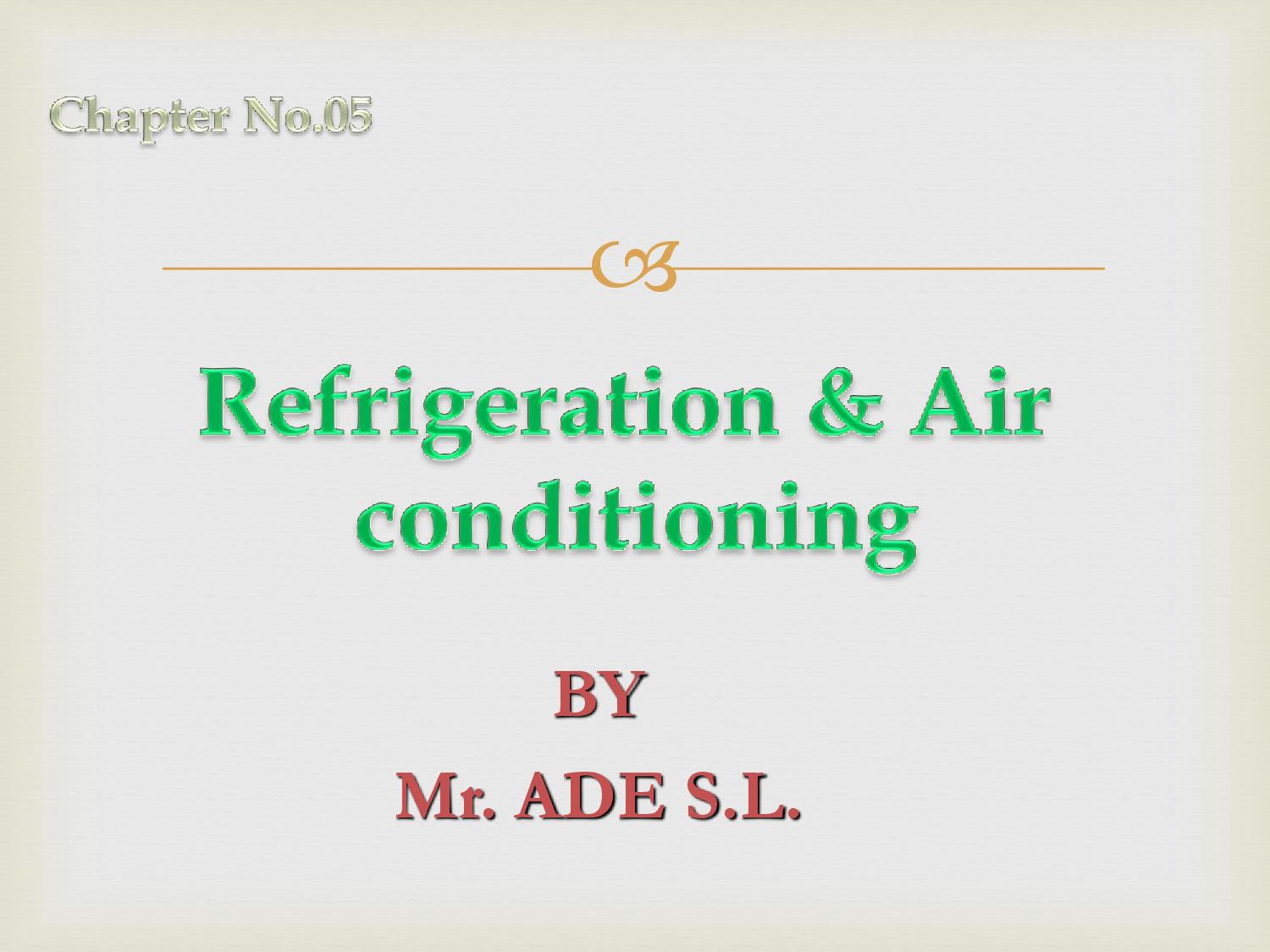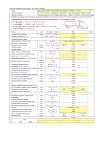
Introduction
The mechanism used for lowering or producing low temp. in a body or a space, whose temp. is already below the temp. of its surrounding, is called the refrigeration system.Here the heat is being generally pumped from low level to the higher one & is rejected at high temp
Objectives
Basic operation of refrigeration and AC systemsPrinciple components of refrigeration and AC systems
Thermodynamic principles of refrigeration cycle
Safety considerations
Refrigeration
The term refrigeration may be defined as the process of removing heat from a substance under controlled conditions.It also includes the process of reducing heat & maintaining the temp. of a body below the general temp. of its surroundings.
In other words the refrigeration means a continued extraction of heat from a body whose temp is already below the temp. of its surroundings.
Coefficient of performance(COP)
- C.O.P is a measure of efficiency of a refrigeration cycle/ system.
- It is the ratio of refrigerating effect to the energy spend.
- Refrigerating effect is the amount of heat removal/ absorbed from the substance to be cooled.
- The energy spend may e in the form of work in VCR or heat in VAR.
Air Conditioning
- Air conditioning is the science which deals with the supply and maintaining desirable internal atmospheric condition irrespective of external condition.
- Air conditioning may be defined as simultaneous control of temperature, humidity, motion of air and purity of air within the enclosed space.
Classification of Air Conditioning
a) According to purpose.i) comfort air conditioning system
ii) Industrial air conditioning
b) According season of year.
i) Winter air conditioning
ii) Summer air conditioning
iii) Year round (All weather air conditioning)
c) According to equipment arrangement
i) central air conditioning
ii) unitary air conditioning
d) According to working substance used.
i) All air system
ii) chilled water system
iii) Air water system










-page-001.jpg)

0 Comments